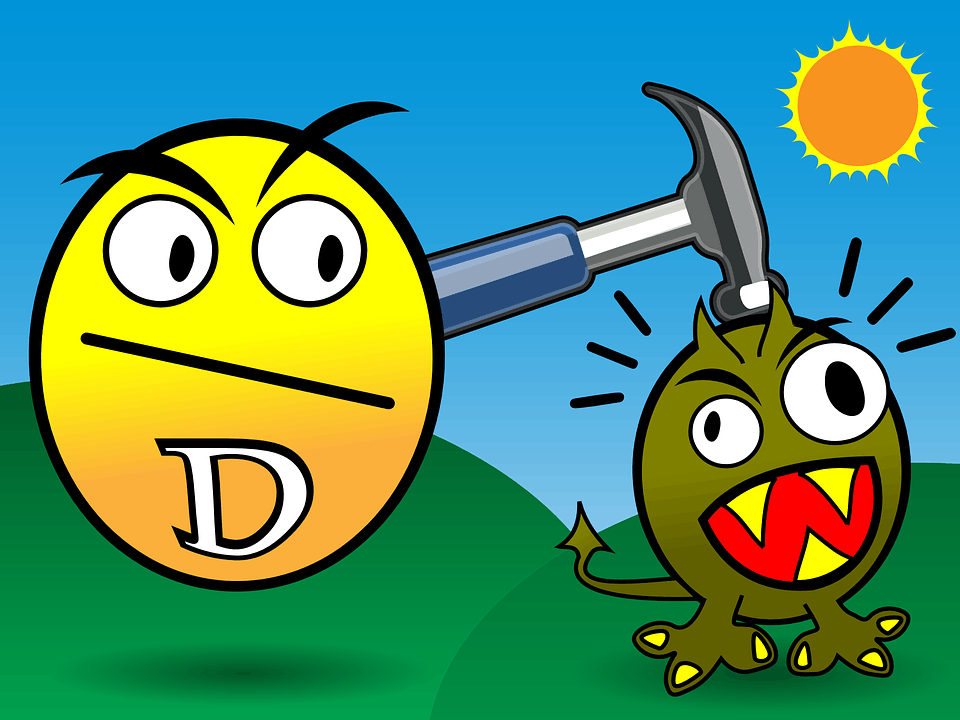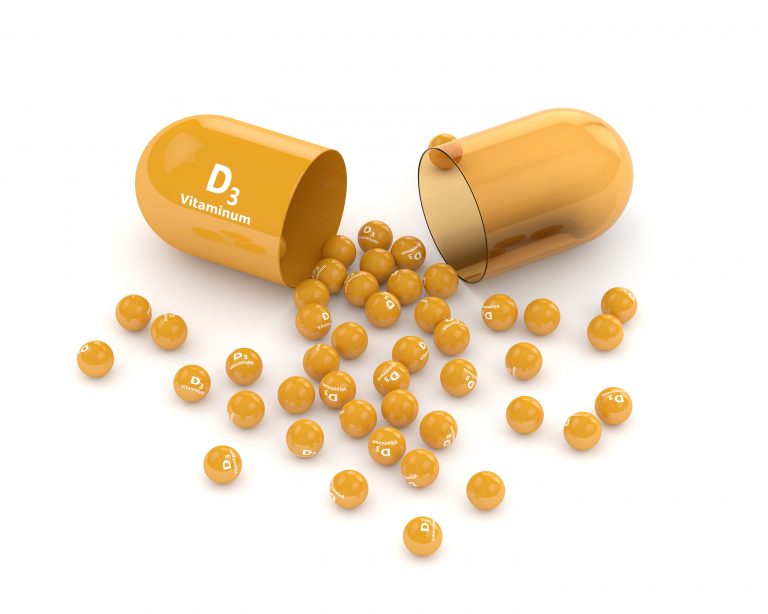It’s no surprise that gloomy dark days and lack of sunshine may put us in a low mood, but for some this can develop further into Seasonal Affective Disorder (SAD). Considered to be a form of depression, SAD may also be associated with anxiety and fatigue.
Vitamin D and depression
If your mood is low during the winter months and you feel affected more than others around you, you may want to consider your vitamin D levels.
‘The sunshine hormone’ vitamin D can be made from skin exposure to the sun, and as low levels of vitamin D in the winter months are closely linked to SAD, there’s plenty of research exploring the link between vitamin D deficiencies and mood. As well as low mood, vitamin D and anxiety have also been linked.
It’s worth getting tested by a simple blood test if you are in doubt and remember that at the end of the winter your levels will be at their lowest.
Are vitamin D supplements effective?
The quality of supplement and dose you take will impact the effectiveness. Firstly, when considering which vitamin D to take, you will see that supplements come in two main forms, vitamin D2 and D3. Vitamin D3 is the superior form which is easier to absorb and has shown to increase blood plasma levels optimally. Aim to have a dose of 25µg (1000IU) each day.
Vitamin D is also found naturally in oily fish and eggs, but at such low levels that it is not possible to obtain adequate amounts from the diet. Sunlight and supplements are therefore the best options.
We can also store significant amounts of vitamin D in our bodies, so getting plenty of sun exposure at the end of summer should get you through the first couple of months of winter.

Light exposure in your eyes
In addition to vitamin D, there are other hormones impacted by the sunlight, although not through our skin.
Linked to sunlight, or in fact darkness is melatonin, which is made in the body when the eyes have a lack of light exposure. Melatonin is our sleepy hormone, it helps us to feel relaxed and tired when the sun has set. In the winter when the sun sets early, our melatonin levels rise sooner, often causing us to feel tired hours before we are ready to sleep.
Sunlight in our eyes also helps to trigger the release of serotonin, a neurotransmitter responsible for helping us to feel calm and happy. The sun’s warm rays and beautiful blue skies may be more functional for our hormones than we once thought!
If we can’t jet set abroad each winter, luckily there’s an easier solution to the lack of sunlight. Light therapy is a way we can expose our eyes to artificial light, mimicking the effects of the sun. This can prevent our melatonin levels from dropping too soon and keep our serotonin levels up too. A light box providing a full spectrum of light (appearing as white) can easily be used at home, and just 30 minutes a day may be enough to make a difference to our mood.






